
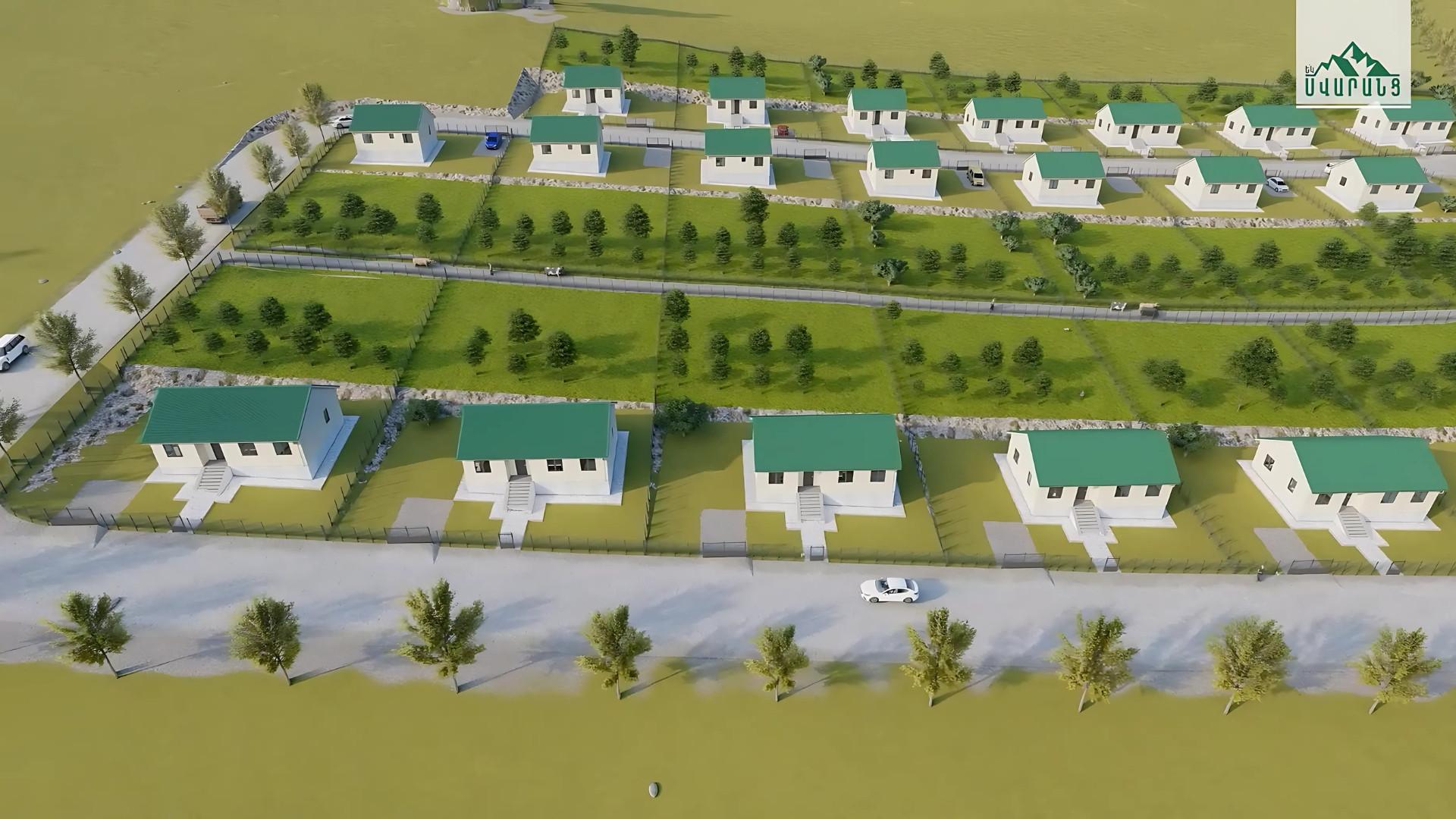
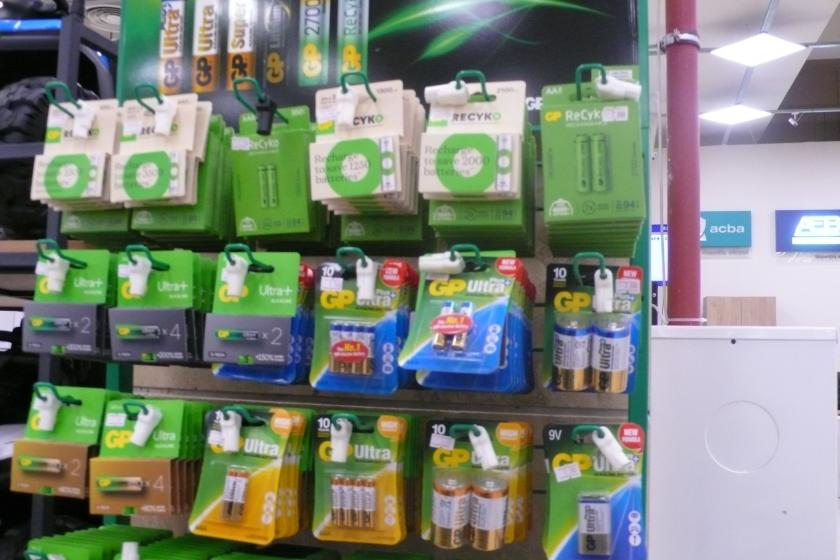
Vega, a large household appliance importer/retailer in Armenia, two years launched an ambitious program to collect and recycle both the appliances and the batteries they use.
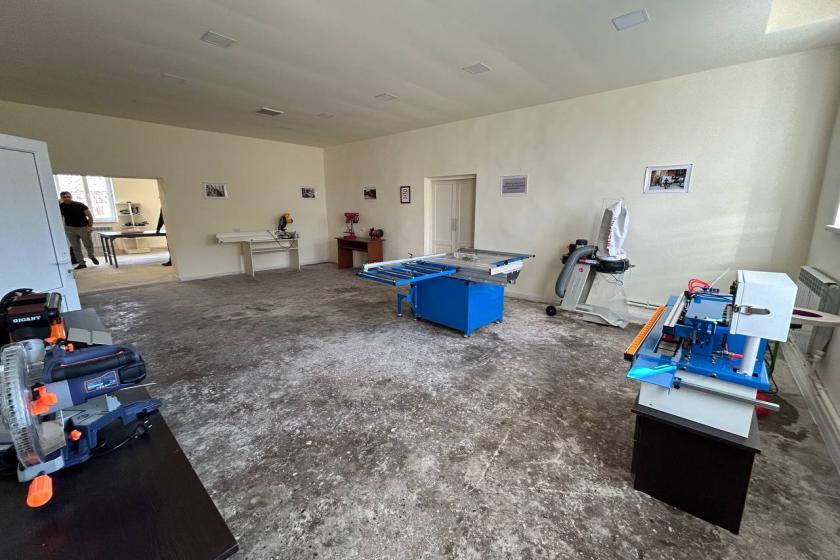
The skills acquired in the woodworking workshop at the Sevan Penitentiary, provide convicts with the means to secure a stable income upon release. This, in turn, serves as a strong safeguard against reoffending and returning to prison.
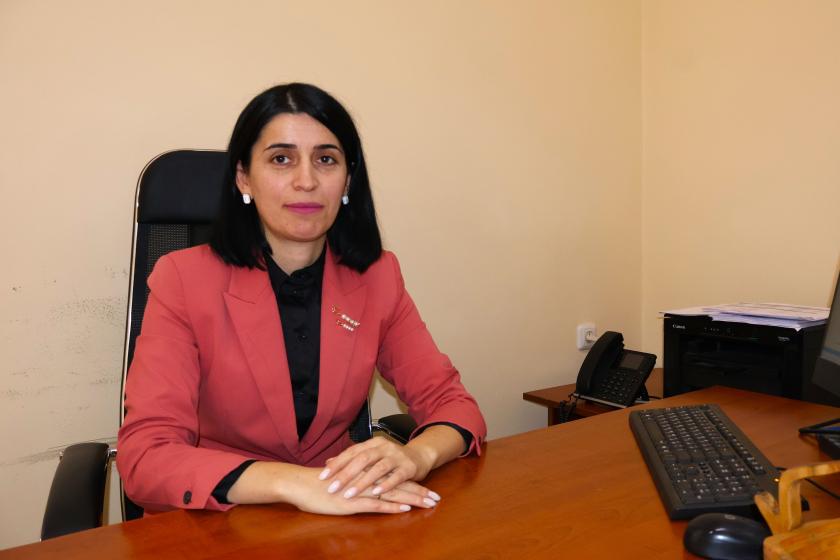
Psychologists from the State Service and probation officers report observing positive behavioral changes among beneficiaries participating in rehabilitation training courses under programs introduced by the Council of Europe.
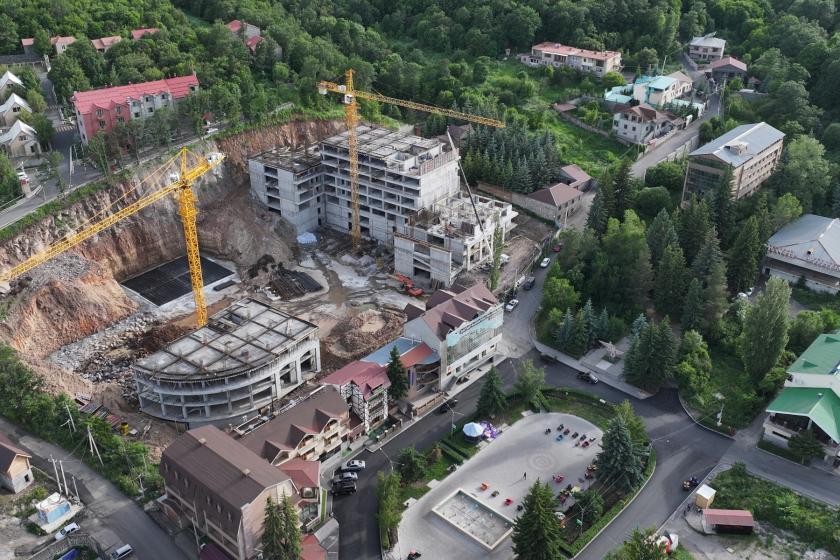
The government’s Urban Planning Committee, staring in 2022, has given the go-ahead to developers to erect apartment buildings ranging from four to ten stories high.
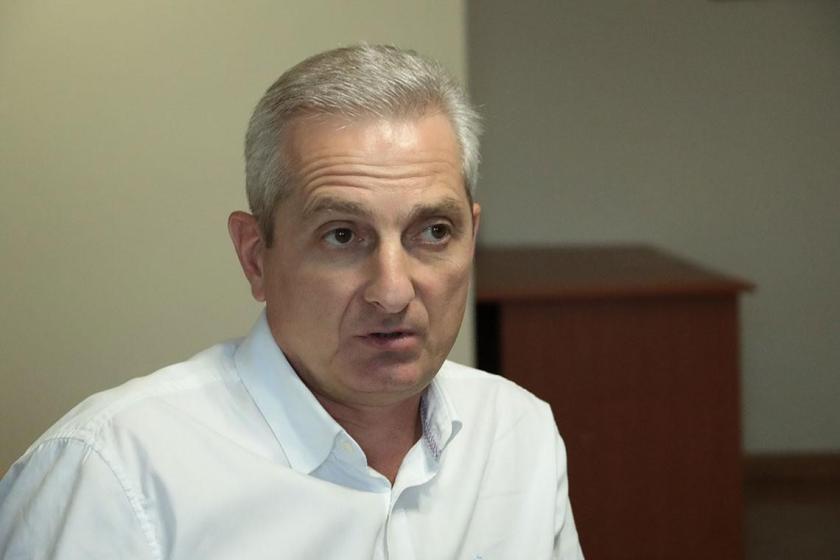
The ECHR’s decision relates to the killing of three Armenian soldiers by an Azerbaijani military unit that infiltrated the Tavush border of Armenia on December 29, 2016.
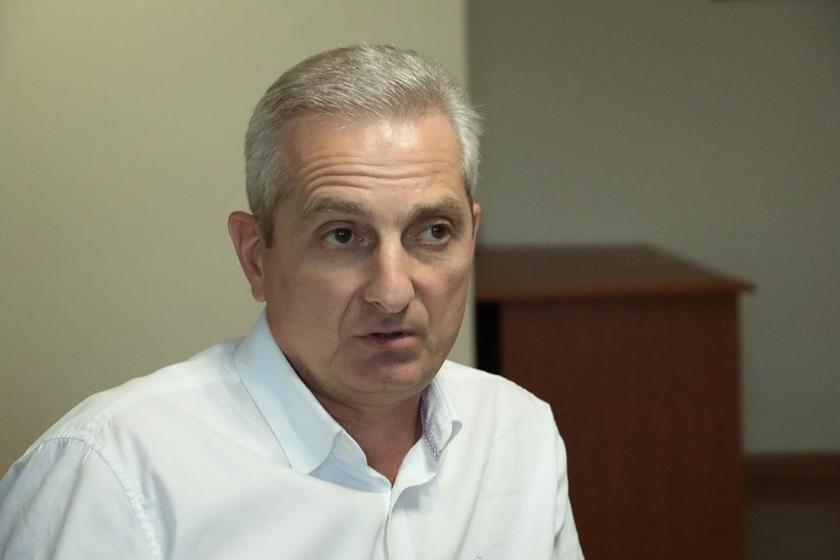
The whole world, international opinion makers like CNN, BBC, etc., have started talking about the ethnic cleansing taking place in Nagorno Karabakh.
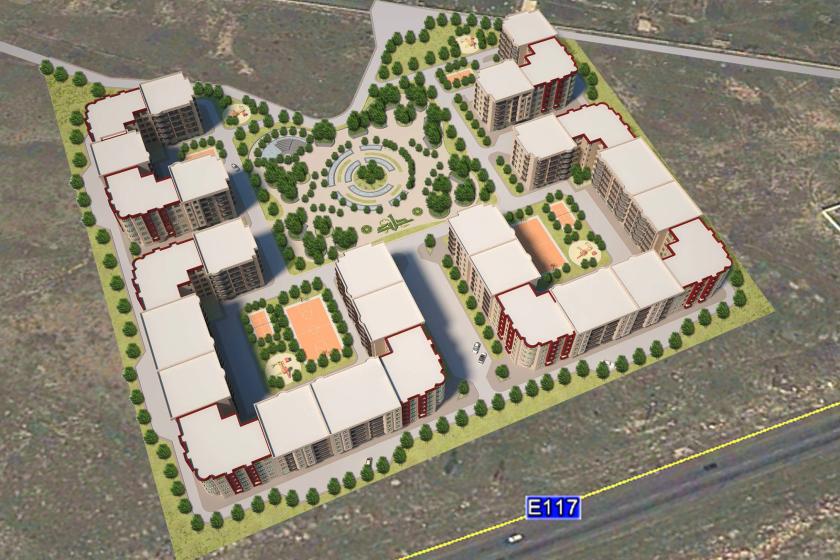
A plan to build a housing complex outside Yerevan for Armenians, first conceived more than a decade ago, never got off the ground due to a host of organizational and financial problems still disputed by the parties involved.
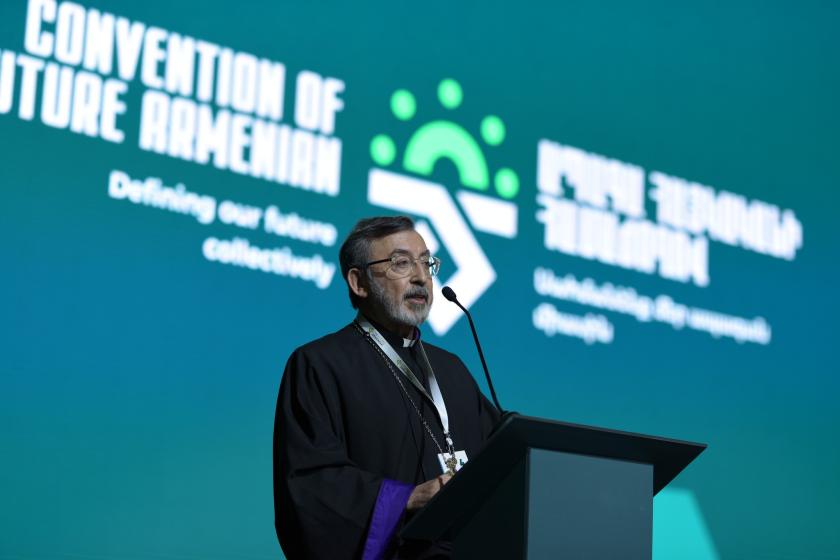
Archbishop Khajag Barsamian, the Armenian Apostolic Church Pontifical Legate in Western Europe, spoke to Hetq about several issues raised at the Future Armenian convention that recently took place in Yerevan.
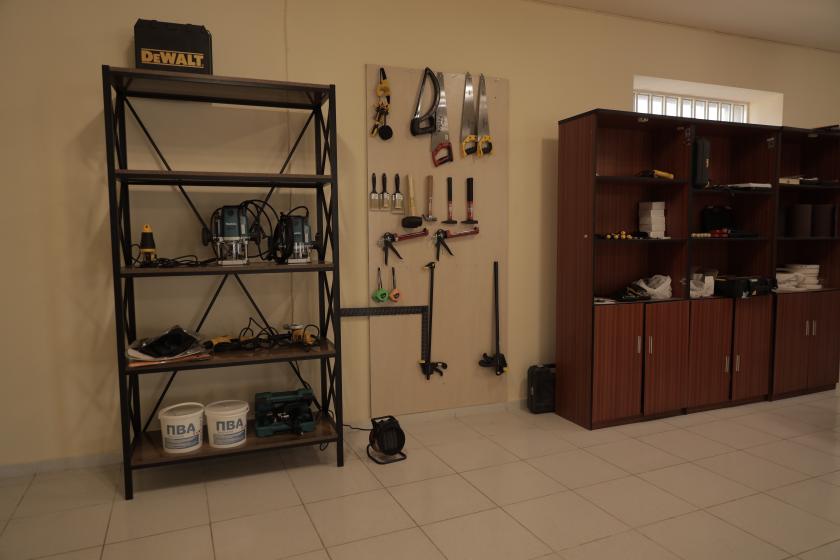
Arman Poghosyan said reforms implemented in Armenia’s probation sector are in line with current criminal justice reforms. Their goal is to gradually move from a punitive to a rehabilitative approach.
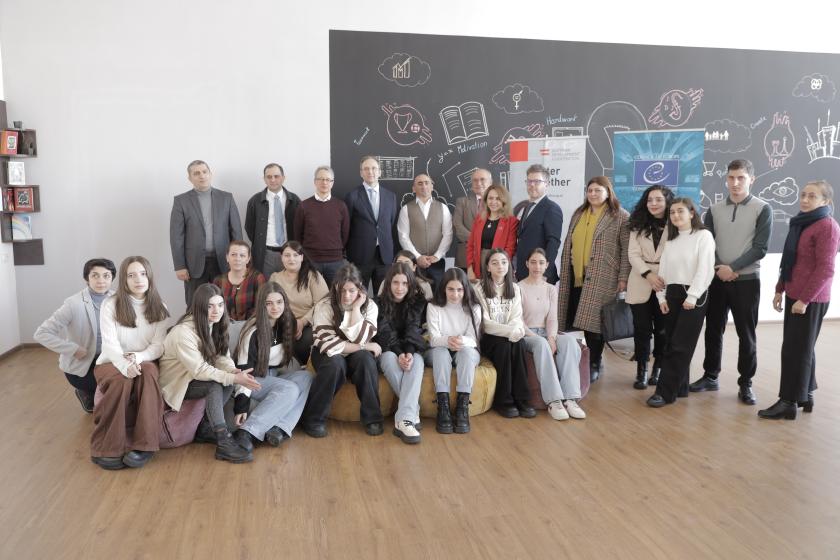
Claus Neukirch, Director of Programme Coordination at the Council of Europe (CoE), sits down with a group of young people in the newly renovated community hall in the town of Aparan and asks them to describe their vision for Aparan’s future.
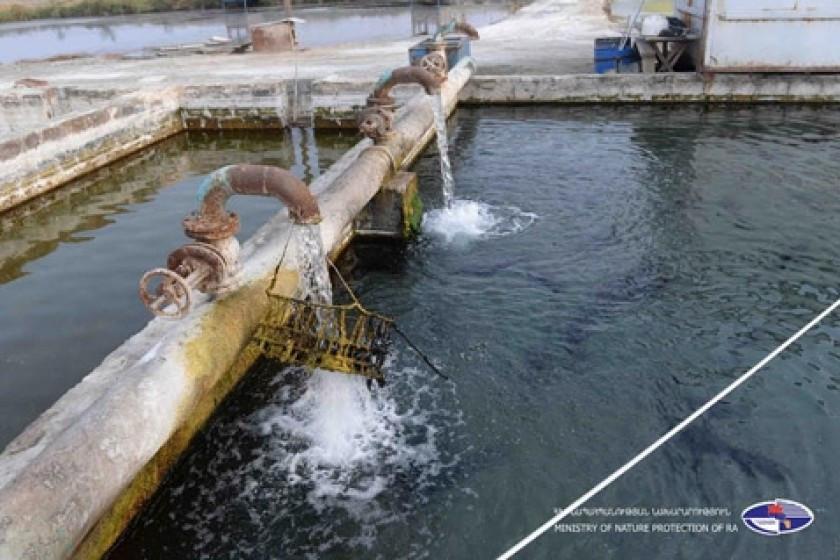
Of the 1,217 deep wells tapping into underground water tables in Armenia’s Ararat Valley, only 484 operate legally.
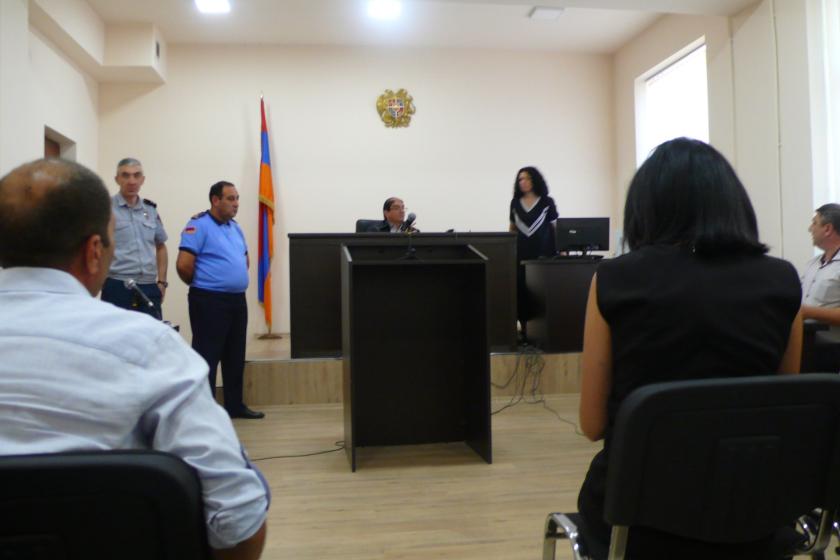
Major General Gevorg Gevorgyan, charged with fleeing the battlefield during the 2020 Artsakh war, declared his innocence today in a Yerevan court.
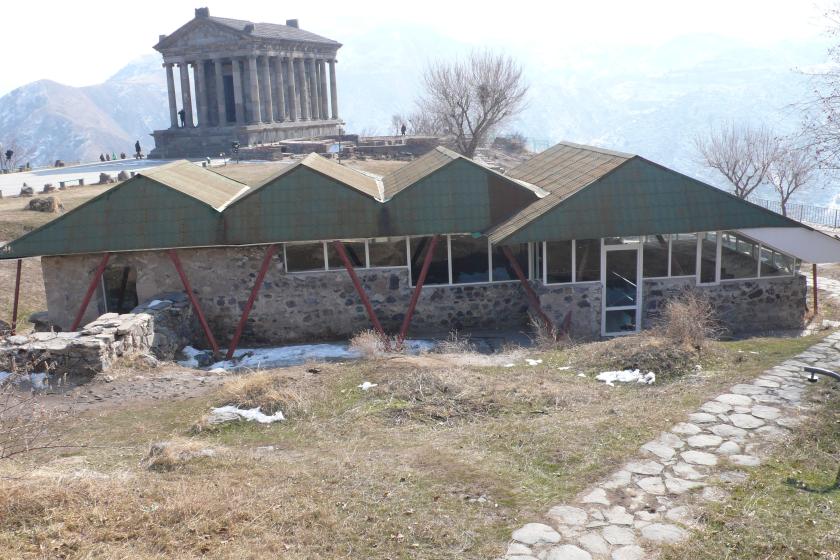
The mosaic, replete with mythological symbols, is unique in that it remained intact over the centuries. That is until now.
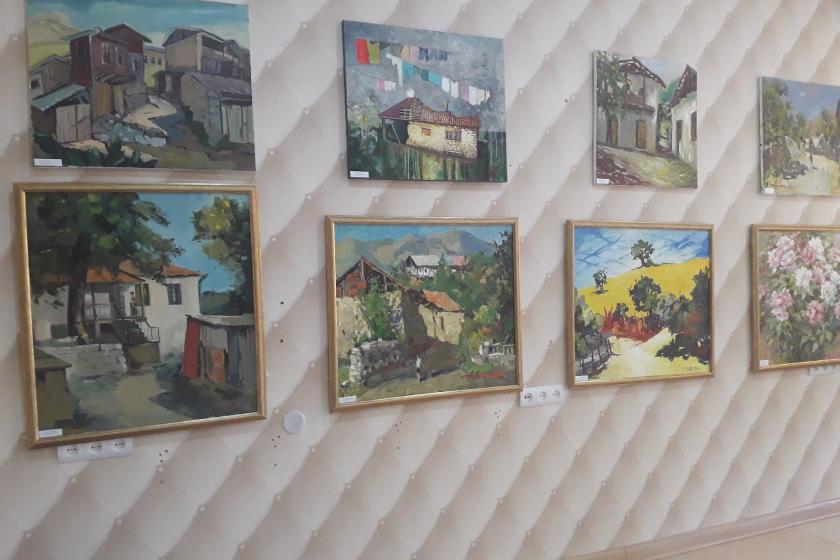
The symposium was held for three years, and the museum was enriched with 200 paintings.
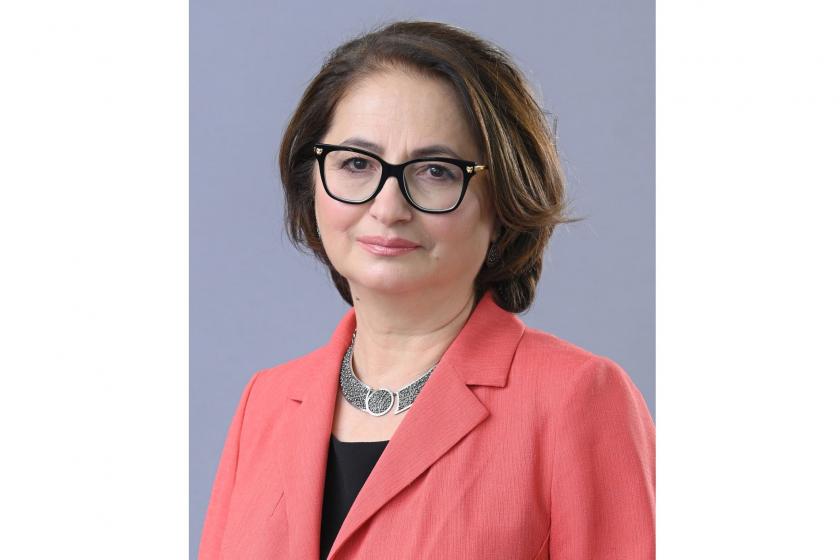
Former Chairman of the Water Committee of Armenia Inessa Gabayan, during a conversation with Hetq, stressed that Armenia must take immediate steps to modernize the country’s water management system.
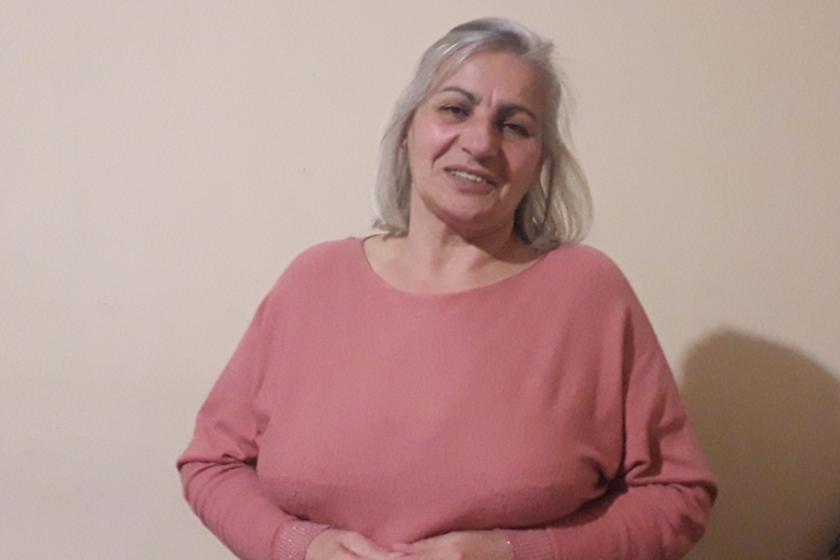
She says it never occurred to her that they’d be leaving Artsakh for good.
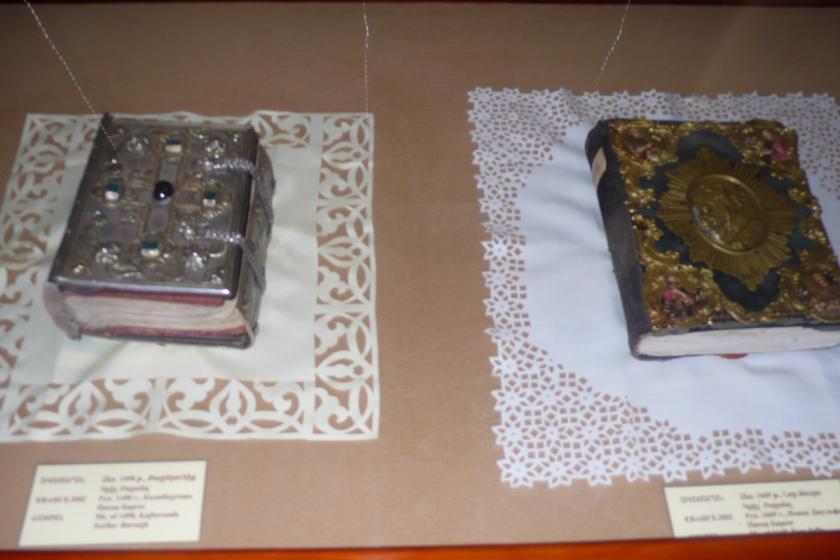
An exhibition entitled "Artsakh Manuscript Art" opened yesterday at Yerevan’s Repository of Ancient Manuscripts (Mesrop Mashtots Matenadaran).
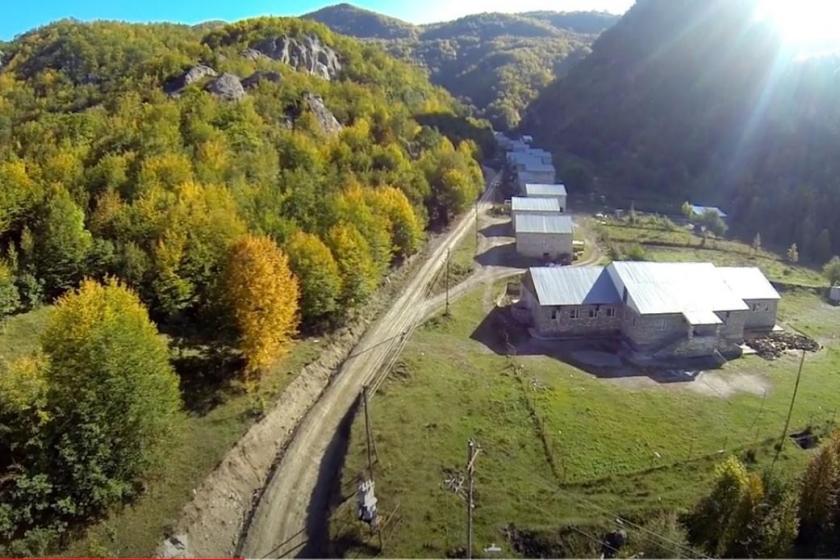
He emphasizes that the connection with the homeland comes from God, and being born in the Diaspora, the connection with the homeland grows. Without a homeland, the Diaspora is doomed to a white massacre.
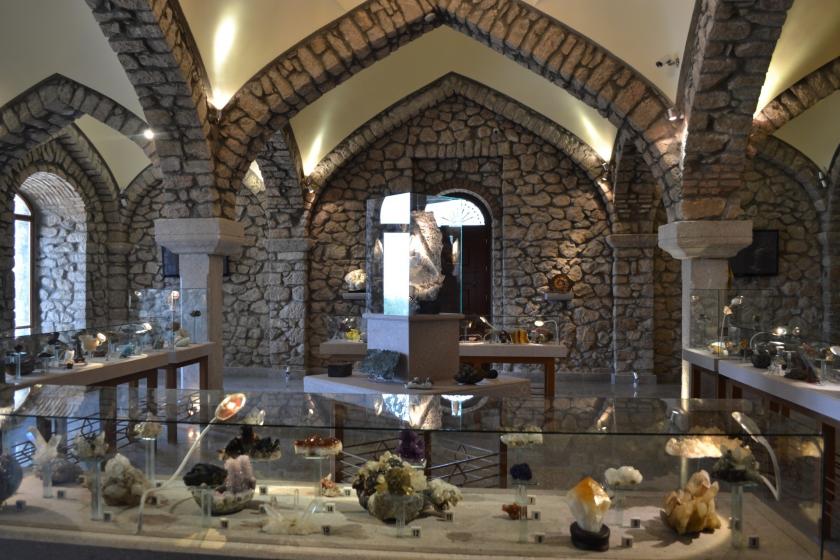
Azerbaijani forces have also confiscated 90 boxes of archeological material excavated at the Azokh cave in Artsakh’s Hadrut District.
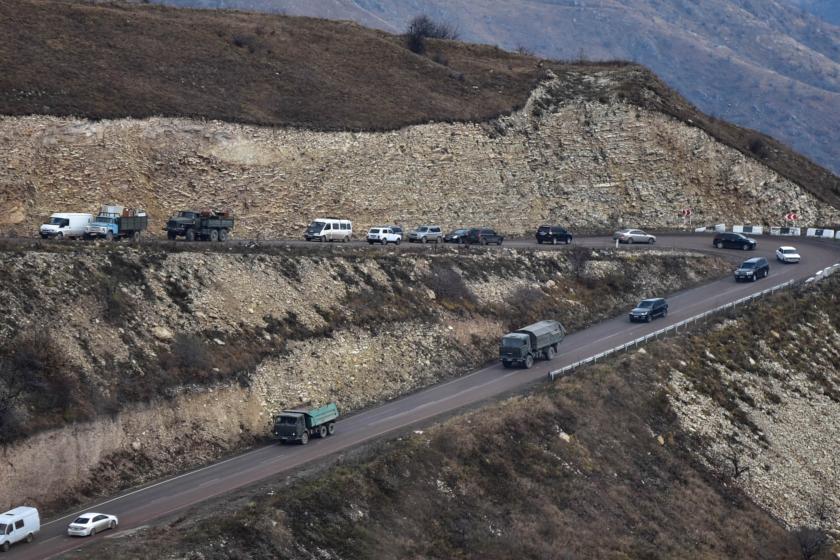
Resources, both human and financial, were invested to improve conditions in the new Republic of Artsakh that consisted of the former Nagorno Karabakh Autonomous Oblast and surrounding territories.
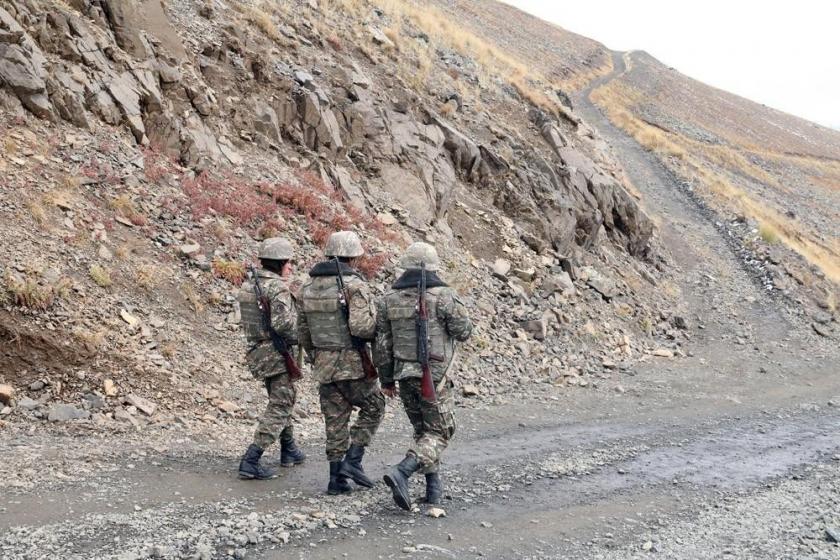
Parents of the missing Armenian soldiers, disappointed by the work carried out by government agencies, announced on January 7 that they would go on the offensive to force the government to publish factual data on the losses sustained by Armenian mili
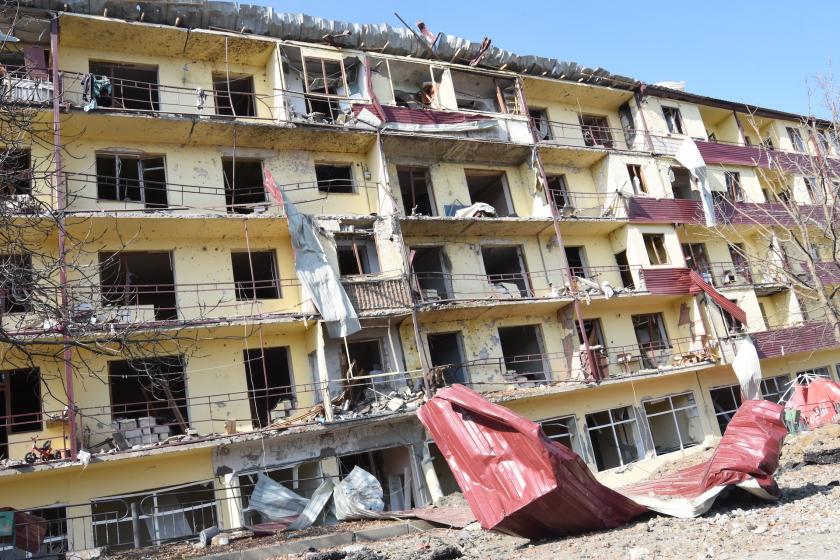
Our voices were muffled by the blows. I could see the child crying, but I could not hear his voice. Once the shells hit, the building was no longer safe. There were rooms in the basement that were safer, so we went in.
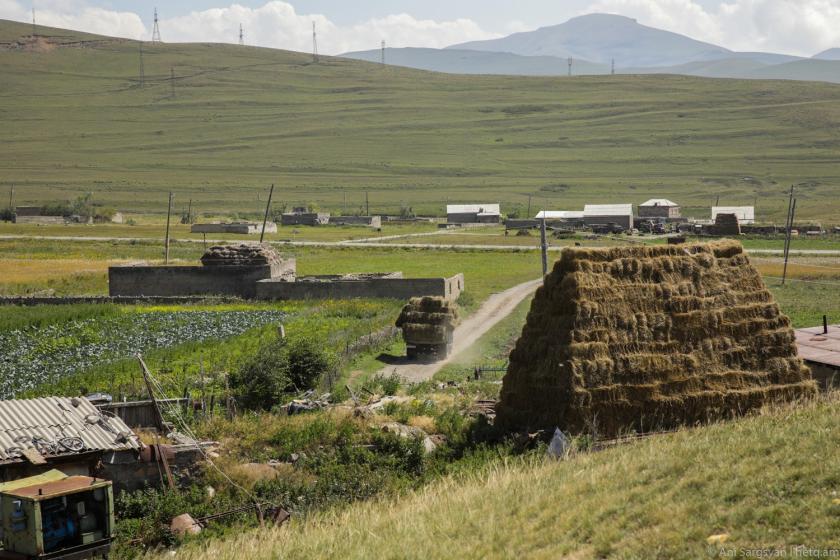
On August 18 irate residents blocked a local roadway to protest the company’s environmental violations.
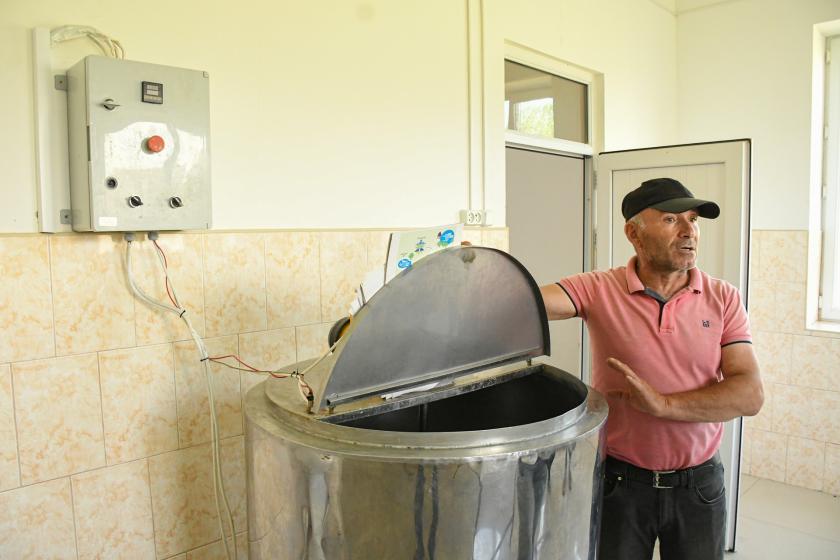
They hatched the idea of producing cheese using the local milk and approached a Norabak resident they had become friends with.
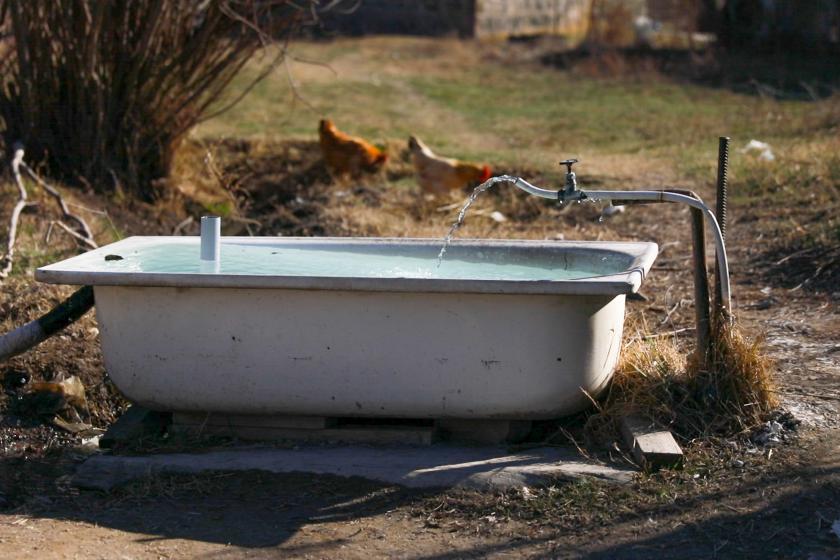
More than thirty years have passed since the resettlement of Armenians in Sis but living conditions of the village remain deficient.
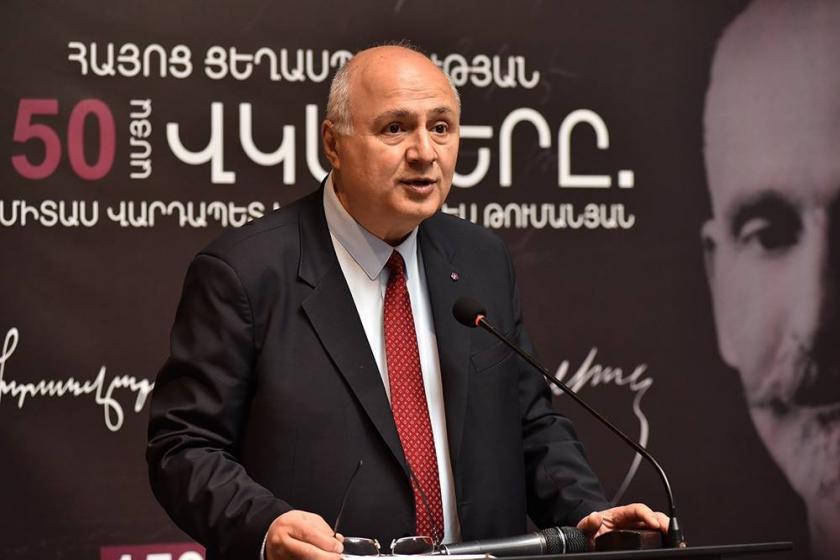
These are values that will last for a few thousand years, and I hope they will continue to do so in the future.
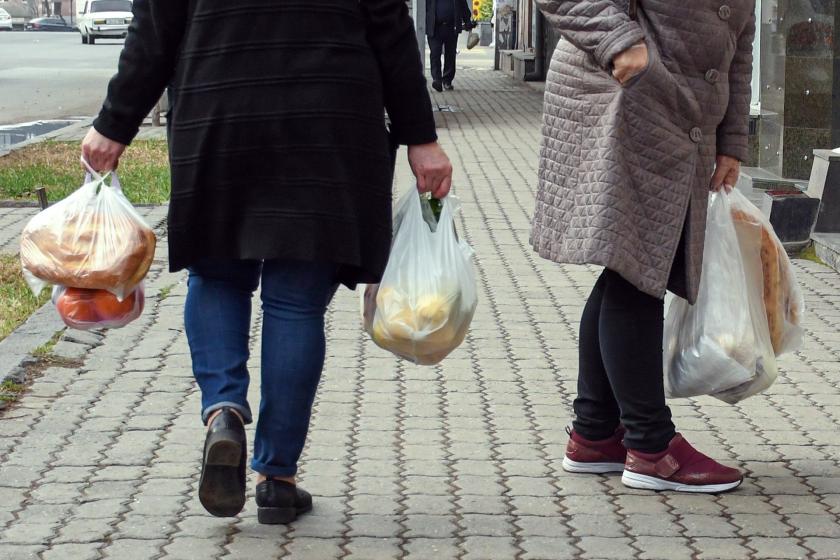
Food drives have been organized in the countryside and volunteers have been recruited to store and distribute what is collected.
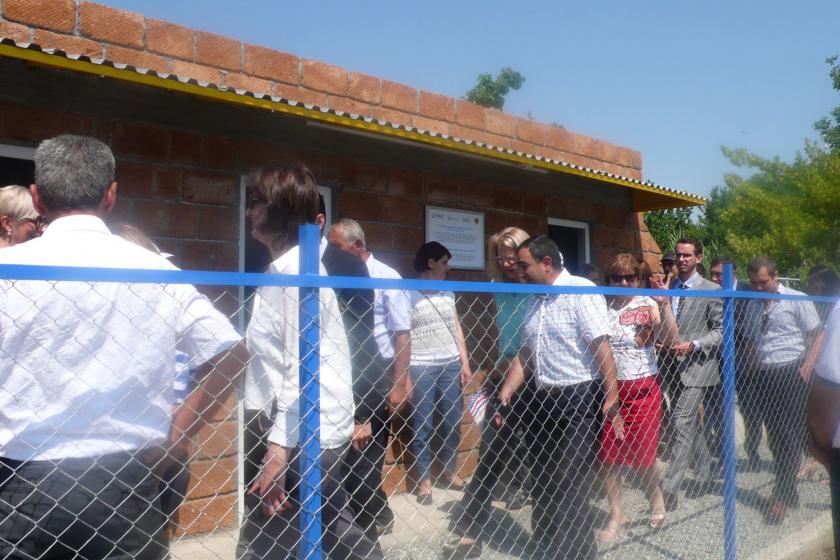
Residents of Aratashen, a town in Armenia’s Armavir Province, still can’t believe that they will finally have quality drinking water, the result of a new system financed by the U.S. International Development Agency (IDA).
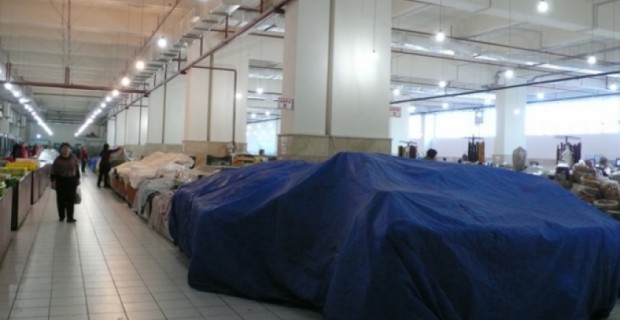
The Converse and Acba-Credit Agricole banks on Gai Avenue are closed.
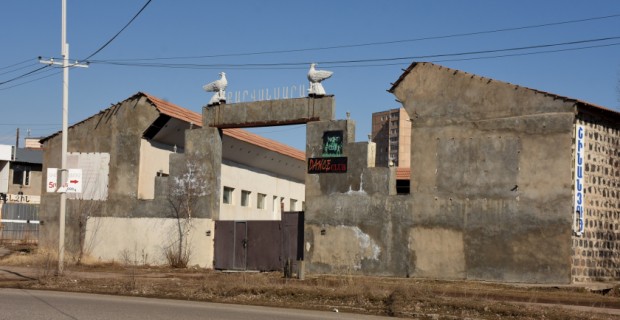
Night clubs are thriving in Hrazdan, a town of 60,000 in Armenia’s Kotayk Province that has seen better days. Striptease joints have replaced the former Soviet giants of manufacture that once employed thousands.
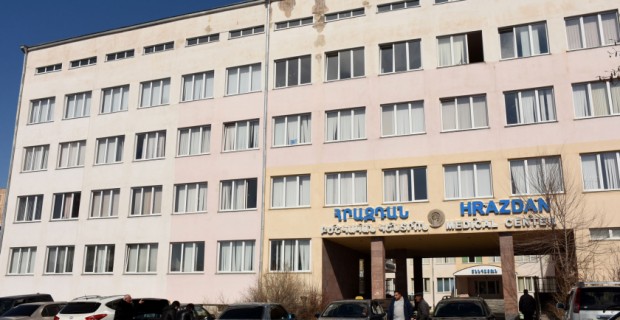
It was the World Bank that financed the modernization of Hrazdan Medical Center, comprised of a hospital, polyclinic and maternity ward. All four buildings were renovated and outfitted with $800,000 worth of equipment and furnishings.
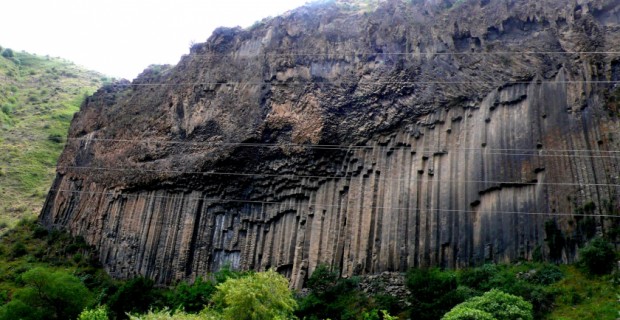
Something strange is going on at the Stone Symphony natural monument in Garni’s Azat River Gorge.
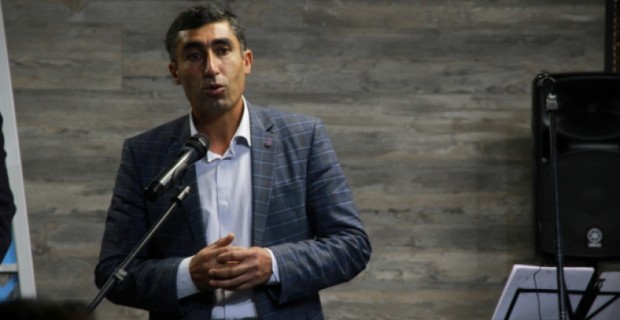
During his nine-year tenure as Basen’s mayor, tax collection in Basen increased from 5% to 120%, thanks to which the government’s subsidy to the community increased from year to year - from 9 million to 28 million.
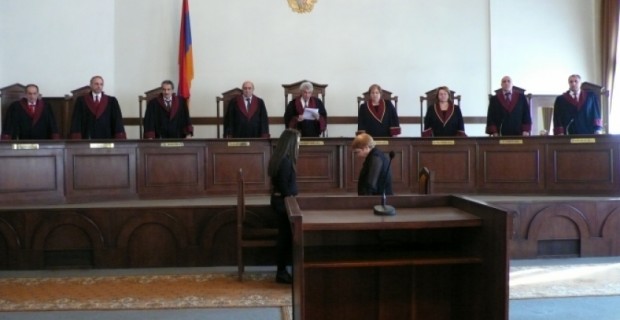
The IJ had petitioned the Constitutional Court to assess the constitutionality of Parts 6 and 7 of Article 68 of the Land Code.
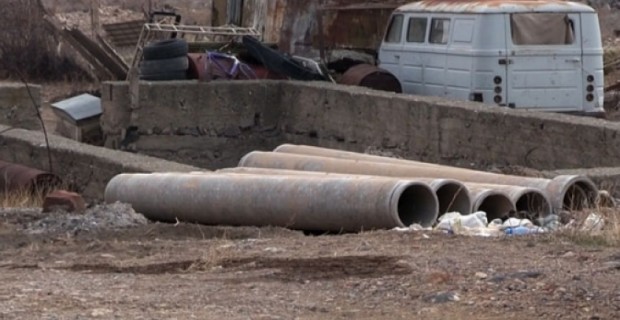
Charges of “abuse of official authority” have been filed against Baghramyan Mayor Ara Saharyan based on evidence presented by Hetq that the mayor had roads in the community dug up, sewage pipes removed, and later sold at prices he set.
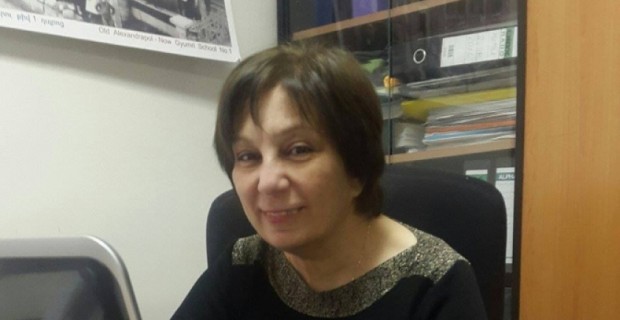
"Most countries in the world are struggling against the use of plastic in everyday life. They employ different policies to achieve that. We don’t know what our country’s policy is for reducing plastic waste,” says Armineh Tukhikyan, Program Director of the Urban Foundation for Sustainable Development.
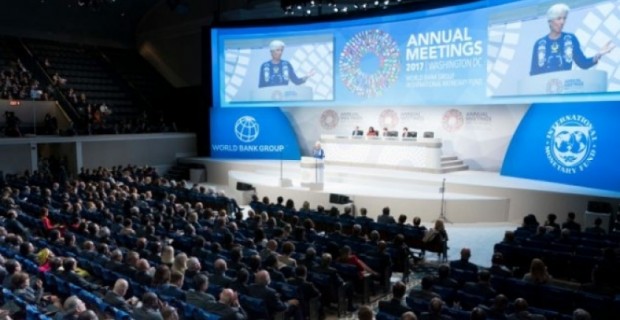
According to the World Bank’s 2017 Worldwide Governance Indicators, published in September, Armenia has improved in standing in all but one of the six indicators measured – Political Stability and Absence of Violence/Terrorism.
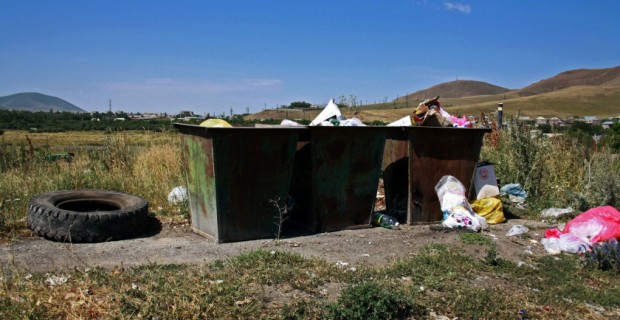
The equipment is operated by the Sevan Communal Enterprise, a not-for-profit arm of the municipality. Edgar Harutyunyan, who heads the Enterprise, says the newest garbage truck is six years old and that the others date back to the 1980s.
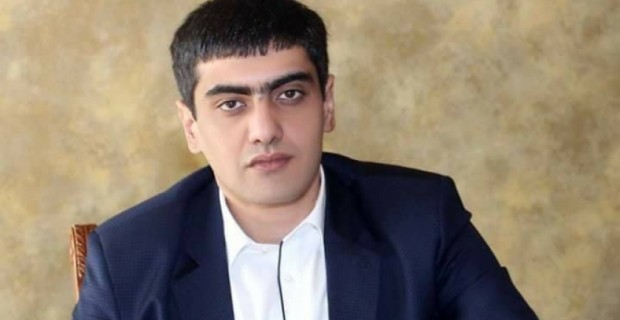
The 26-year-old Aroushanyan will serve as acting Gori mayor until the November 5 local elections.
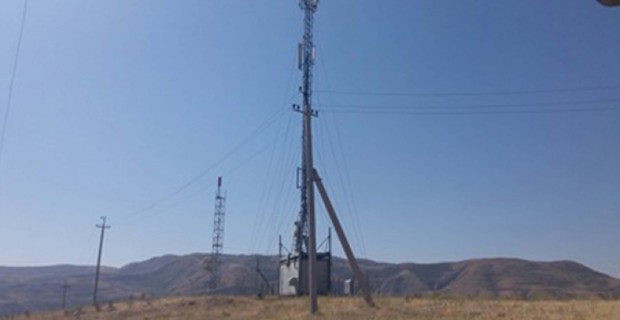
However, in over fifty of the communities Hetq researched for the article, these rents paid by telephone operators don’t wind up in the community coffers but in the pockets of local mayors and those with “connections”.
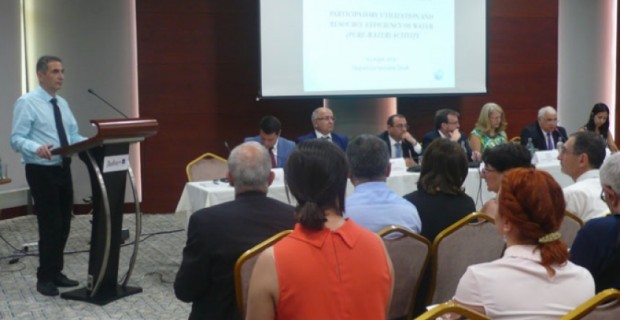
The Ararat Valley aquifer spans some 1,300 square kilometers. However, many local communities lack potable and irrigation water due to poor resource management.
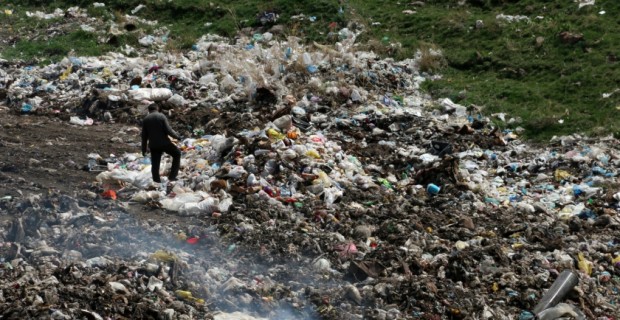
The road heading to the villages of Aghisou, Vorotan, Vaghatin and Lor, in Armenia’s Syunik Province, passes through the municipal garbage dump in the town of Sisian.
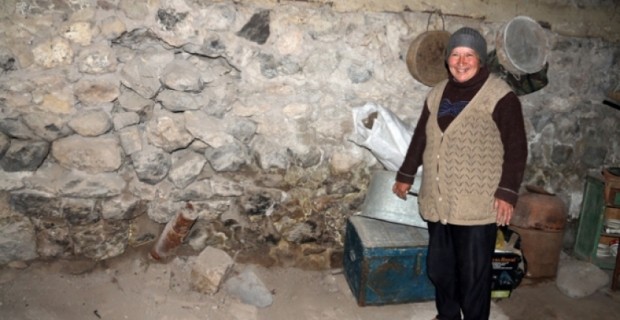
Volodya Hakobyan’s house, standing in the most visible place in Kornidzor, a village in Armenia’s Syunik Province, still bears the traces of being under fire during the 1990s Artsakh War.
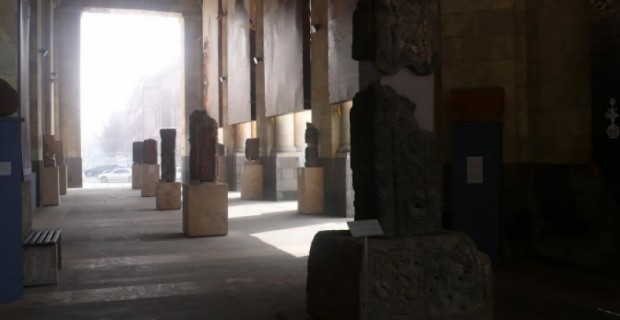
Some of the 51 cultural and historical objects amassed four years ago by the History of Armenia and displayed at an exhibition “The Time to Collect Stones”, might never be returned to their original sites.
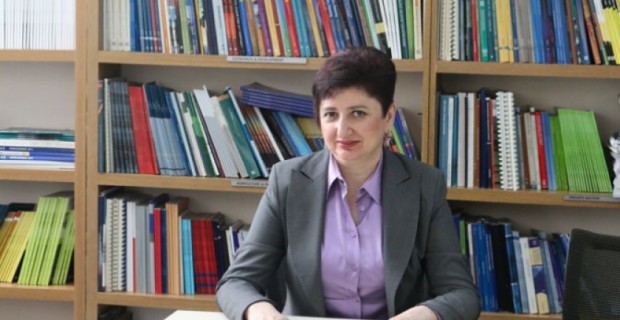
The numbers above show that more than half of the tax revenue in the budget is still contributed by large businesses. However, the contribution of SMEs is not proportionate to their role in economic activity.
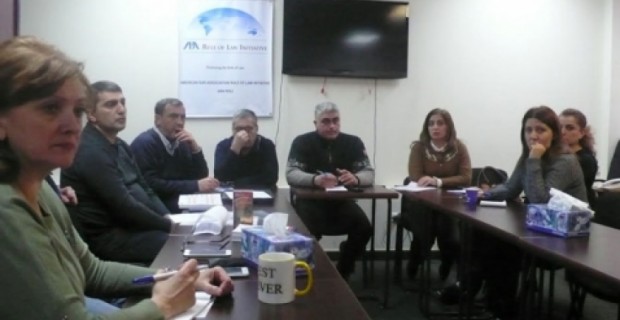
A group of Syrian-Armenians, who have relocated to Armenia and want to transfer their businesses to Armenia, met today with Armenian Prime Minister Karen Karapetyan

Many visiting the mobile eye hospital are the elderly suffering from cataracts.
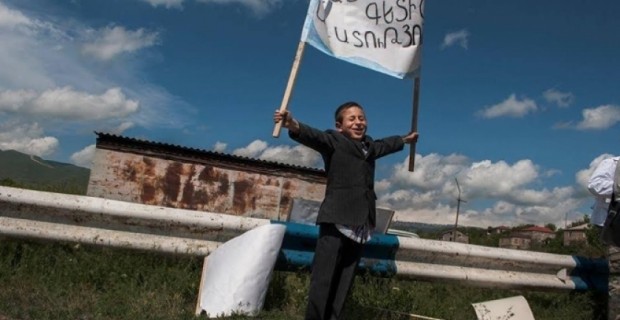
The struggle of Garni residents for Azat River was one of the most important events in 2016. The two- year struggle came to a solution on May 21, 2016 when Hovik Abrahamyan, the Prime Minister of the Republic, met with the residents of Garni, who had blocked Garni-Yerevan road for saving River Azat and announced: “Kaghtsrashen Gravity Scheme is cancelled, the construction is stopped and the construction machinery is withdrawn from Azat Gorge.”
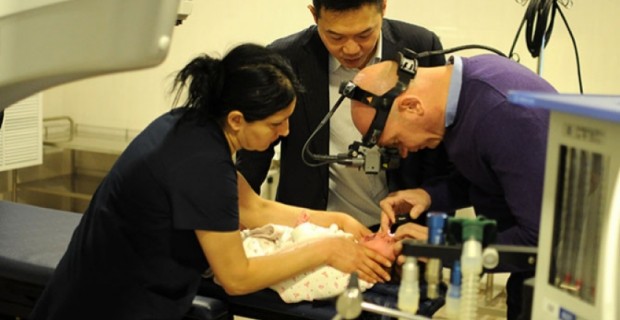
Two years ago the Center of Excellence for the Prevention of Childhood Blindness (CEPCB) was established in Yerevan. Dr. Chien Wong - one of the main mentors of the CEPCB’s medical staff – asserts that the achievements of the Armenian ophthalmologists working in the Center are desirable for many developed countries in the world.